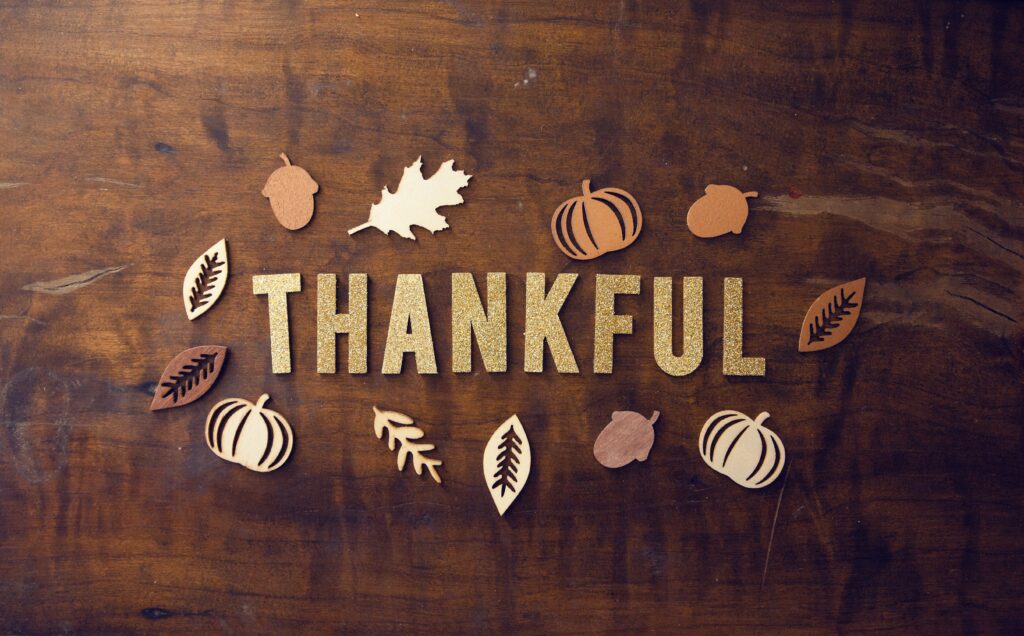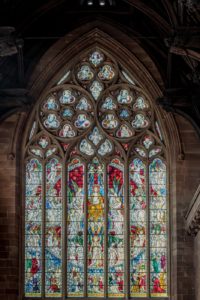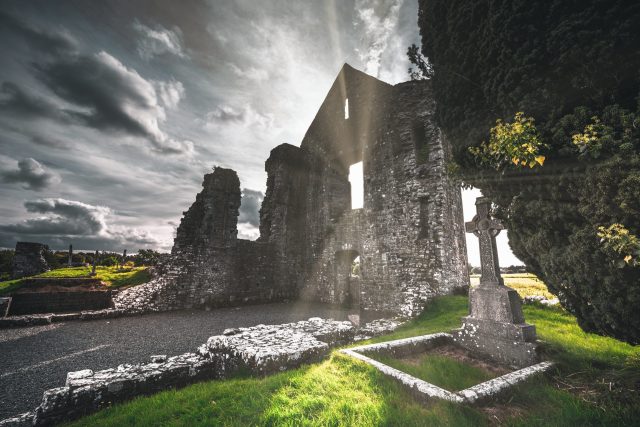
[The Shepherd’s Echo is a reposting of a previously published TheShepherdsPen.]
In John 15:13 Jesus states, “Greater love has no one than this, that one lay down his life for his friends.” Because life is precious and is given as a supreme gift by God when one chooses to surrender it for the sake of his friends it is counted as the extreme act of love.
Earlier Christ had alluded to this same expression of love in John Chapter 10, the “Good Shepherd” passage. In John 10, beautiful images of Psalm 23 are brought to the forefront once again. In John 10, Christ reveals himself as the Divine Shepherd of Psalm 23. Shepherding is an image one would know well in the economy of first-century Israel, as little white puffs dotted the countrysides, sheep were used for food, for wool, and also for sacrifices in the Temple. Though this imagery is a little foreign to us in 21st century America, still, the metaphor is packed with richness for us today.
In John 10:1-18, Christ is speaking prophetically about the people of Israel, and the leaders, to the Pharisees whom He addresses. In this passage, He announces Himself as Messiah, and He foreshadows His mission to the world–His passion for man. He forecasts both His mission, and how would He fulfill that mission.
A key focus here is the flock of God, the fold, the sacred community of faith. Christ announces Himself as the Good Shepherd, overseer of this flock. “I am the good shepherd; the good shepherd lays down His life for the sheep” (John 10:11).
Jesus identifies Himself as the Good Shepherd, His mission has been announced in the previous verse–to give abundant life (John 10:10), and His method is hinted at in verse 11 as well–He lays down His life. This terminology is codespeak for sacrifice; it speaks to the sacrificial system established by God in Temple, for the atonement of sin. The good shepherd places Himself as the supreme sacrifice before the Sheep.
The “Good Shepherd” is not simply morally good, but beautiful, attractive, lovely, and excellent, He is virtuous. And, He surrenders His life. The word here in the Greek for life is not bios, or zoe, but psuchos; it is the idea of soul. Christ lays down His soul for the sake of those in the flock. It is not simply mechanical, or physical pain, but a surrender of the soul.
We have to ask the question, “Why does He do that?” We see at the end of verse 18 that He is being obedient to the Father’s command to do so.
“For this reason the Father loves Me, because I lay down My life so that I may take it again. No one has taken it away from Me, but I lay it down on My own initiative. I have authority to lay it down, and I have authority to take it up again. This commandment I received from My Father” (John 10:17-18)
He describes, in muted detail the sacrificial atonement; He describes the events of what we celebrate as Good Friday, and Resurrection Sunday. The act of laying down His life would be committed upon the altar of the Cross-all for our benefit! The blood of Christ was a requirement of God for the atonement of sin.
The nails pierced His hands and His feet as He was nailed to the cross. The blood would flow onto the wood, and down to the earth. Jesus was scarred for life–our life. Days later He would rise, victorious over death!
It was some pretty incredible blood which flowed through the veins of the Good Shepherd.
Some amazing blood which flowed from the veins of the Lamb of God, upon the altar of the Cross.
Some powerful blood which flowed to the fountain of Grace that the sin of the world would be able to be cleansed, mankind redeemed, and our broken relationship with God restored.
And the blood, His blood will never lose its power!
Behold, the Lamb of God who takes away the sin of the world!






